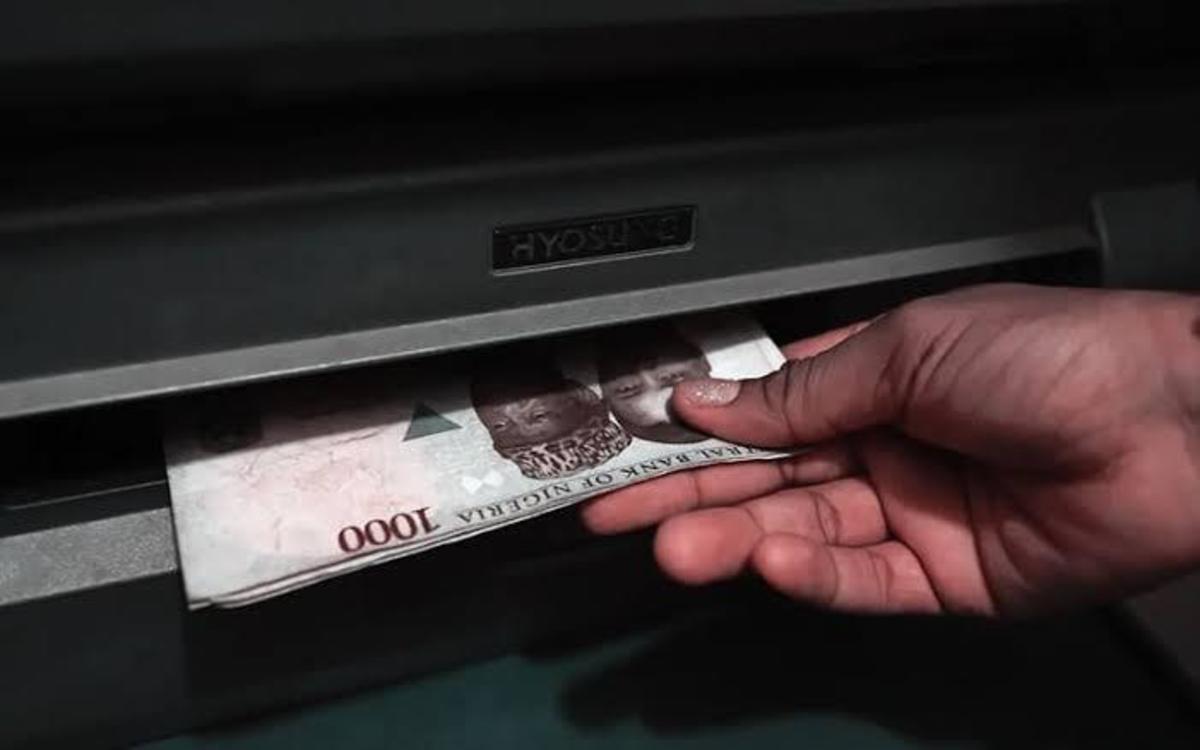by Heritage Falodun, BitcoinMagazine:
 Following an unsuccessful CBDC launch, Nigeria’s central bank is now trying to cut off cash. Bitcoin can help Nigerians find sovereignty.
Following an unsuccessful CBDC launch, Nigeria’s central bank is now trying to cut off cash. Bitcoin can help Nigerians find sovereignty.
Nigeria, Africa’s most populous country, introduced a central bank digital currency (CBDC), the eNaira, into its financial system in late 2021, an action that paved the way for different sets of financial policies, regulations and restrictions from the country’s central bank.
In an attempt to drive consumers toward alternative options, like its CBDC, the Nigerian government has now put restrictions on the amount of cash that can be withdrawn. It has limited cash withdrawal from banks to about $225, which is around 100,000 naira per week, with a daily limit of about $45. This is another example of how Nigeria’s financial terrain has been a rollercoaster of economic sabotage since the launch of the eNaira.
TRUTH LIVES on at https://sgtreport.tv/

Source: 21st Century Chronicle
In the words of Godwin Emefiele, the governor of the Central Bank of Nigeria, the whole point of the CDBC is “to ensure that more people in this country are financially included. If you see, a lot has happened in terms of the evolution of money from commodity to metallic, then paper, to plastic and now we are talking of digital. And so, we need to be at pace with where the world is moving.”
In his view, Nigerians should have found that the CBDC is the solution to their financial predicaments such as inflation, monetary censorship, rigorous payment rails, epileptic cross-border payment channels and rigid access to foreign exchange, among others. Not surprisingly, the reverse has been the case, as the situation on the ground in Nigeria right now is gradually moving from “banking the unbanked” to “un-banking the banked.”
On February 2, 2023 — just two days after the initial January 31, 2023 deadline set by the Central Bank of Nigeria for all Nigerians to return the old naira denomination of 200, 500 and 1,000 notes — a Nigerian named Oluwasegun Kosemani tweeted, “I just spent 1000 Naira from my Naira @Mastercard by @gtbank to buy 10,000 Naira cash from a @palmpay_ng POS. The Nigerian government is intentionally forcing its citizens into a cashless Keynesian economy while they position their surveillance CBDC – eNaria as final destination.”
As this example shows, the well-informed Nigerians youth, which happens to be about 70% of Nigeria’s population, understand that these regulations are mostly about financial control. They are about pushing a cashless policy in which the government has complete control over all citizens while having the luxury of tracking every single transaction.

Source: Twitter
Judging with the less than 0.5% adoption rate on the eNaira since its launch about 16 months ago, it seems that only government actions, such as the cash restrictions that Nigerians are battling with right now, will force people toward using the CBDC.
Nevertheless, the Nigerians disposition is visible to the blind and audible to the deaf as the country regularly tops lists for the highest bitcoin and crypto exposure.
HOW NIGERIANS ARE ADAPTING TO NEW FINANCIAL REALITIES
To learn more about the balance between Bitcoin adoption and being forced toward the eNaira, I spoke with a few business owners in Nigeria. Eric Ogbekene, who works in the media and tech industry there and also runs a bespoke men’s fashion business on the side, said, “The cash swap policy has been ridiculous, to say the least. Today, February 4, 2023, alone, you could not get any physical cash in the entire Garki ultra modern market in Abuja, Nigeria. People are unable to take care of little business deals, like cash for services, transportation, etc. It’s so bad because even the traditional banking applications seem to be overwhelmed by the sudden surge in transactions and cannot cope.”
I interviewed an over-the-counter bitcoin liquidity provider named Oluwatimilehin Kayode, popularly known as “Pander” by his customers and merchants.
“How have you been coping with business amidst this new policy and cash shortage?” I asked.
“Bro, e no dey easy like that oo, but we dey push am, if I will be honest with you,” he responded in Nigerian dialect. “It’s crazy, it affected our P2P dealings a bit on exchanges as most transactions keep showing bank network errors and also there are limits on transactions and high charges. But as you know, Bitcoin will always find a way out for us amidst all restrictions. Although we had low access to cash over the counter, we keep pulling the P2P transactions through with Bitcoin and Tether using our existing, conventional ways.”
Mary Imasuen, a Bitcoin podcast host, has tweeted that, “If vendors were open to accepting bitcoin payments, we wouldn’t have to deal with the craziness happening in the country right now.”
Sharing her odyssey amid the cash and transaction struggles, Imasuen has experienced people withdrawing 20,000 naira with 3,000 naira as the charge being paid to the merchants. She has stated that “money is being sold for money right now.”
Nigeria has always been a cash-based society and with the current issues, people can’t get cash from banks or ATMs. Those who do get cash must pay for it at a premium and the prices for things have skyrocketed.
Read More @ BitcoinMagazine.com





